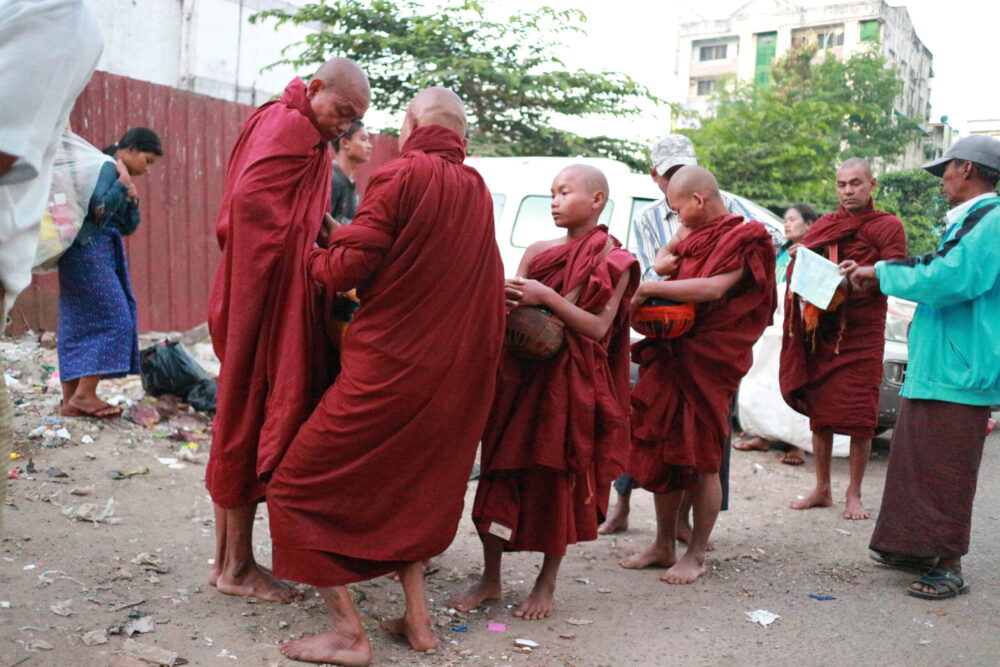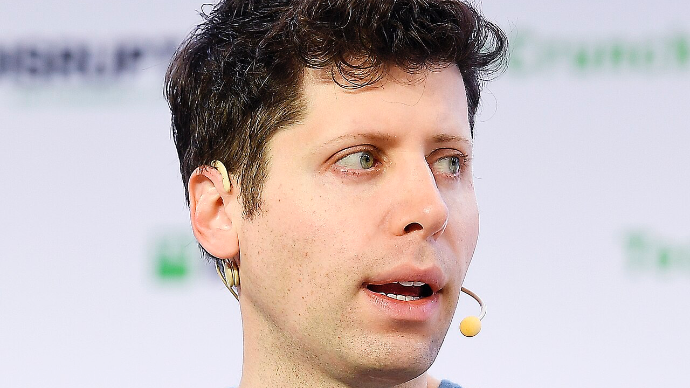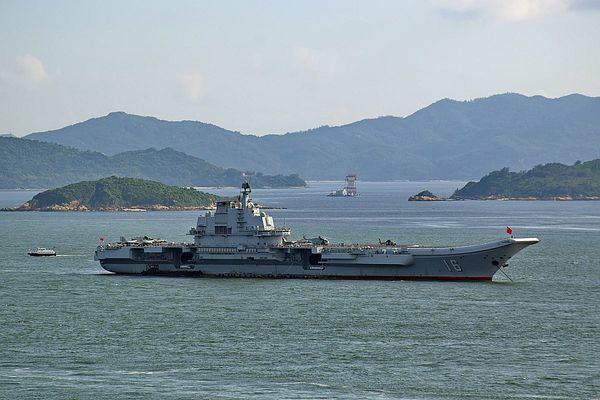[ad_1]
Indian External Affairs Minister Subrahmanyam Jaishankar in currently on a tour of East Asia, with stops in South Korea (March 5-6) and in Japan (March 6-8). In both countries, Jaishankar sought to step up security and economic cooperation and more generally boost ties as India, Japan, and South Korea all respond to China’s growing influence in the Indo-Pacific region.
In Tokyo, Japanese Foreign Minister Kamikawa Yoko told a joint news conference after talks with her Indian counterpart that they reaffirmed their countries would expand bilateral security cooperation, including in the field of defense equipment and technology transfers.
She also said they agreed to look for possibilities to extend their cooperation to new areas of space and cybersecurity.
Japan and India, members of the Quad grouping that also includes the United States and Australia, have rapidly intensified bilateral ties amid shared concern about China’s increasingly assertive economic and military activities in the region.
“India and Japan, as two major Indo-Pacific nations sharing values, history and interests, have an abiding stake in the peace, security, and prosperity of our region, and are ready to play a responsible role commensurate to the needs of our times,” said Jaishankar, who is on a three-day visit in Tokyo to meet with Japanese government and business officials.
Noting rapidly changing strategic relations and a worsening security environment on the global stage where divisions and contention are deepening, Kamikawa said Japan wants to work with India in resolving common issues through dialogue and cooperation.
“Japan especially places importance on its relations with India, which has nurtured its own democracy and history and represents the Global South,” Kamikawa said.
“In light of the increasingly severe security environment of today, we confirmed the need for our defense and security cooperation,” she said.
The two ministers welcomed expanding joint military exercises.
Jaishankar said their countries would work together to enhance economic security and supply chain resilience, and discussed cooperation in areas such as semiconductor, green technology, and digital transformation.
Japan has also been supporting infrastructure development in India, and Kamikawa reaffirmed Tokyo’s continued help in high-speed rail projects.
Before traveling to Japan, Jaishankar spent two days in South Korea, where he and his Korean counterpart, Cho Tae-yul, chaired the 10th India-Republic of Korea Joint Commission Meeting. According to India’s Ministry of External Affairs, the two discussed the common ground between India’s and South Korea’s “respective Indo-Pacific visions and strategies” and discussed ongoing cooperation in trade, development, and defense cooperation.
In a speech at the Korean National Diplomatic Academy, Jaishankar argued that there is much to be gained by expanding India-South Korea cooperation. The partnership “is significant” in itself, the Indian minister argued, “but even more so when we look at its impact on the Indo-Pacific.”
Aside from the converging strategic outlooks of both countries – with India’s focus extending eastward toward the Korean Peninsula, and South Korea’s moving westward toward the Indian Ocean – Jaishankar outlined the economic logic for the partnership. Stronger cooperation, he said, is “therefore, impelled by both national interests and global de-risking.”
Similar to statements made in Japan, Jaishankar and Cho “explored ways to further extend cooperation to new areas such as critical and emerging technologies, semiconductors, green hydrogen, human resource mobility, and resilient supply chains, working both bilaterally and together with other countries.”
Given India’s interest in expanding cooperation with both Japan and South Korea, and the broad similarities between the scope of that cooperation, some scholars have suggested reviving a previous effort to set up an India-Japan-South Korea trilateral.
[ad_2]
Source link





















